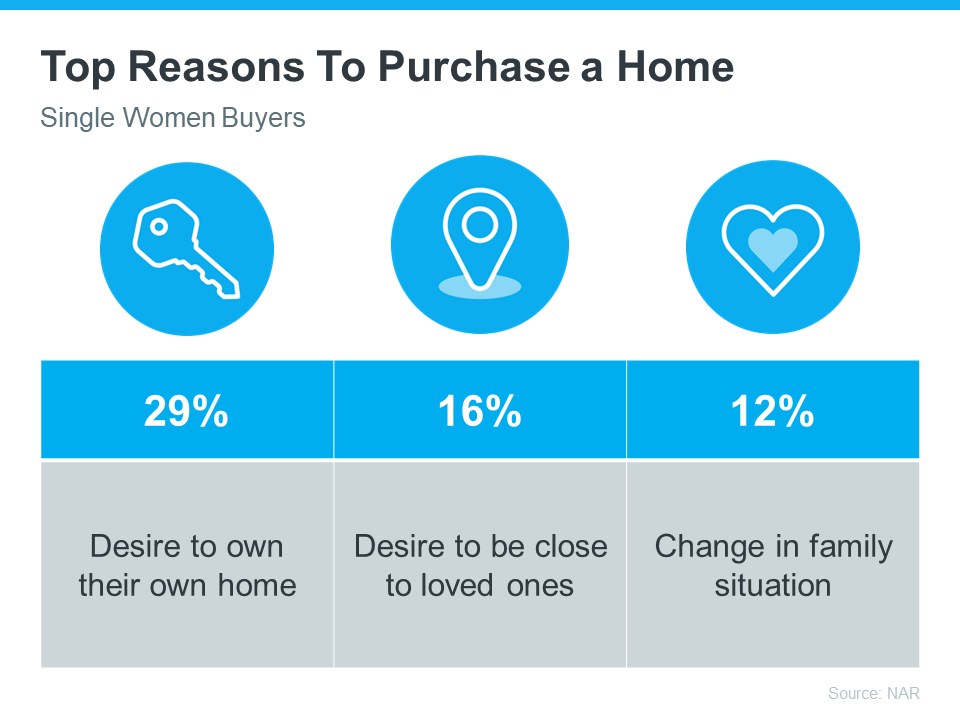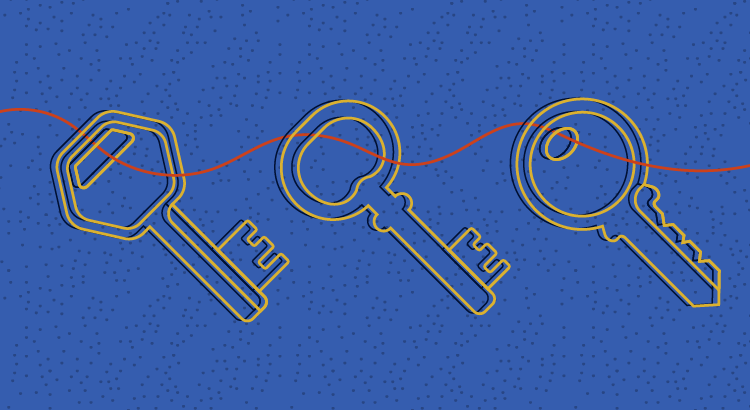Finding the right home to purchase today is one of the biggest challenges for potential buyers. With so few homes for sale and construction of newly built homes ramping up, you may be wondering if you should consider new construction in your search process. It’s a great question to ask, and one to look at from the pros and cons of what it means to buy a new home versus an existing one. Here are a few things to consider when making the best decision for your family.
New Construction
When buying a new home, you can often choose more energy-efficient options. New appliances, new windows, a new roof, etc. These can all help lower your energy costs, which can add up to significant savings over time. With programs like ENERGY STAR, your home also helps protect the environment and reduces your carbon footprint.
Lower maintenance that comes with a newer home is another great benefit. When you have a new home, you likely won’t have as many little repairs to tackle, like leaky faucets, shutters to paint, and other odd jobs around the house. With new construction, you’ll also have warranty options that may cover portions of your investment for the first few years.
Another solid benefit to new construction is customization. Do you want a mudroom, stainless steel appliances, granite countertops, hardwood floors, an office, or a multipurpose room to homeschool your children? These items can be customized to your specific needs during the design phase. With an existing home, you’re buying something that’s already completed, so if you want to make changes, you may need to hire a contractor to help get your home ready for your family.
Existing Home
When buying an existing home, you can negotiate with the current homeowner on price, which is something you generally don’t get to do with a builder. Builders know their material and construction costs, and they have a price set for the model you’re buying. So, if you want to negotiate, then maybe an existing home will be best.
For many families, having an established neighborhood is also important. Some buyers like to know the neighbors, if it’s family-friendly, and traffic patterns before making a commitment. When you buy new construction, you won’t have a full view of some of those details until the lots around you are sold.
Finally, timing comes into play. With an existing home, you can move in based on the timeline you agree to with the sellers. With new construction, you need to wait for the house to be built. Depending on the time of the year you’re buying and the region you’re in, the weather can also be a factor in the timeframe. This is something really important to keep in mind, especially if you need to move sooner rather than later. Over the past few months with COVID-19 and social distancing regulations, some areas for new construction have been delayed.
Bottom Line
Whether you want to buy a newly built home or one that’s already established, both are great options. They each have their pros and cons, and every family will have different circumstances driving their decision. If you have questions and want to know more about the options in our area, let’s connect today so you can feel confident making a decision about your next home.



 Downsize4 weeks ago
Downsize4 weeks ago
 Buying Tips4 weeks ago
Buying Tips4 weeks ago
 Affordability3 weeks ago
Affordability3 weeks ago
 First-Time Buyers4 weeks ago
First-Time Buyers4 weeks ago
 Buying Tips3 weeks ago
Buying Tips3 weeks ago
 Buying Tips3 weeks ago
Buying Tips3 weeks ago
 Affordability2 weeks ago
Affordability2 weeks ago
 Equity2 weeks ago
Equity2 weeks ago













You must be logged in to post a comment Login